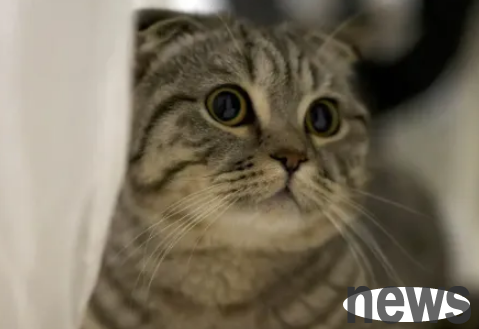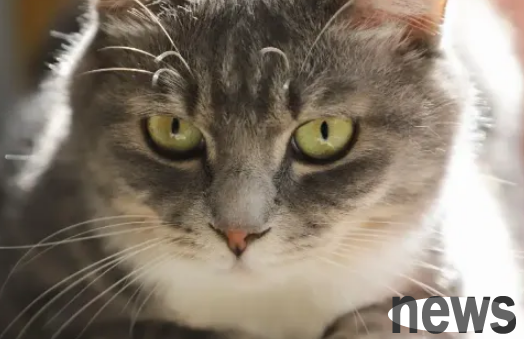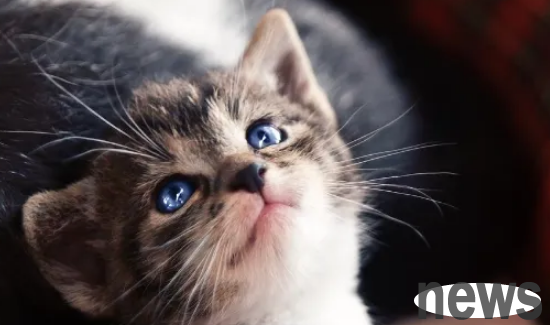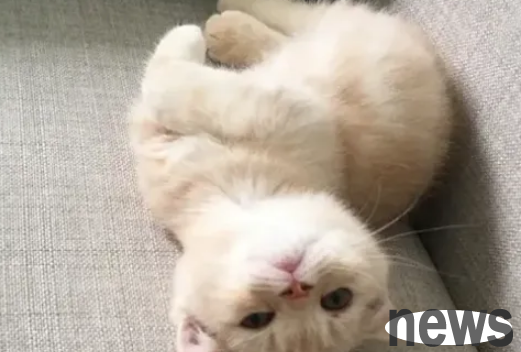Cat depression is a common mental illness, and many shovelers may not realize that cats will also suffer from depression. In fact, cats, like humans, have emotional needs and psychological pressure. When a cat suffers psychological trauma or lives i...
Cat depression is a common mental illness, and many shovelers may not realize that cats will also suffer from depression. In fact, cats, like humans, have emotional needs and psychological pressure. When a cat suffers psychological trauma or lives in a bad environment for a long time, symptoms of depression may occur. The following are seven major manifestations of cat depression. Hot shovelers should always pay attention to the physical and mental health of cats, and discover and solve problems in a timely manner.

1. Appetite decreases significantly, and appetite decreases
Depressed cats usually show symptoms of decreased appetite and reduced appetite. This may be due to the psychological pressure of the cat, causing the digestive system to weaken, which affects the appetite. If the cat finds that the cat's appetite has decreased significantly and lasts for a long time, it should consider whether there is a possibility of depression.

2. The amount of water drinking is significantly reduced, which is much lower than the previous cats with depression. Not only does their appetite decrease, but they may also experience a decrease in water drinking. Under normal circumstances, cats need to consume enough water every day to keep healthy. If the cat's water consumption is significantly reduced, the cat owner needs to pay attention to his or her mental health status and find possible reasons.

3. One-time hair loss, large amount of hair loss or hair plucking in cats, a common manifestation of depression is large amount of hair loss or hair plucking. This may be the cat's hair plucking to relieve psychological stress, which causes hair loss. The cat should pay attention to whether the cat has abnormal hair loss. If so, seek help as soon as possible.
4. Cats with loss of energy and prone to fatigue
depression usually show symptoms of loss of energy and prone to fatigue. The originally lively and active cat may become lazy and no longer like to play and exercise. The cat owner should pay attention to the cat's behavior changes, find possible reasons, and provide care and support.
5. Hidden in difficult-to-find places
Depressed cats may choose to hide in small and difficult-to-find places to seek a sense of security. Cats that originally like to linger in front of people may suddenly disappear. The cat owner should pay attention to finding the cat's hiding place and try to improve its living environment to make it feel at ease.
6. A cat with no interest in playing and a depressed mood may lose interest in toys and games and be listless all day long. Cats who originally like to play may become taciturn and lack vitality. The shoveler should try to guide the cat to participate in the game, create a pleasant atmosphere for it, and help it recover.

7. Suddenly becoming screaming, sounds like hissing, whimpering, and the screams sound hoarse and sobbing. This may be the cat expressing inner anxiety and pain. The cat owner should pay attention to the emotional changes of the cat and try to find possible reasons to provide them with necessary support and care.
Tooster shovelers should always pay attention to the physical and mental health of the cat and promptly detect signs of depression. By improving the cat's living environment, increasing companionship and care, and seeking professional help when necessary, cat shovelers can help cats get out of the shadow of depression and regain their happiness.